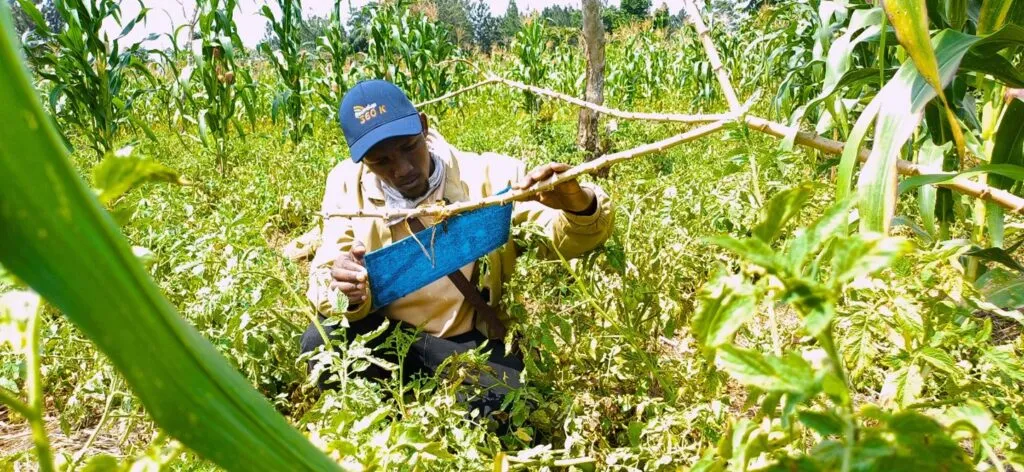In the heart of rural Uganda, a silent battle against food insecurity is being waged—and digital innovation is emerging as a powerful ally. A recent study published in *PLoS ONE* sheds light on how digital information extension services are transforming maize postharvest handling, a critical yet often overlooked aspect of food security. Led by Jackline Estomihi Mayende Kiwelu, the research offers a compelling glimpse into the potential of evidence-based practices to mitigate postharvest losses and enhance sustainability in agriculture.
Maize is a staple crop for millions of smallholder farmers in Uganda, but poor drying and storage practices frequently lead to significant losses. These losses not only reduce food availability but also pose serious health risks due to aflatoxin contamination, a toxic byproduct of improper storage. The study highlights how digital solutions can bridge the gap between expert knowledge and rural farmers, ensuring that best practices reach those who need them most.
The research employed a mixed-methods approach, combining qualitative and quantitative data from 312 smallholder maize farmers, 22 extension officers, and four information officers. The findings reveal that agriculture extension officers are increasingly leveraging digital tools to provide evidence-based information on maize postharvest handling. Practices such as identifying farmers’ information needs, gathering relevant data, evaluating its quality, and guiding decision-making were found to be particularly effective. However, the study also identified critical gaps, including outdated information sources, insufficient training in evidence-based practices, and limited access to information communication technologies (ICTs).
One of the most striking findings was the significant relationship between the application of evidence-based information and improved maize postharvest handling practices. “The study suggests that when extension officers apply evidence-based practices, farmers are more likely to adopt better postharvest handling techniques,” Kiwelu noted. This not only reduces waste but also enhances food safety and economic outcomes for rural communities.
The commercial implications of this research are profound. By improving postharvest handling, farmers can reduce losses, increase their income, and contribute to a more stable food supply chain. The study underscores the need for continuous professional development (CPD) for extension officers, equipping them with the latest knowledge and skills in both maize postharvest handling and digital tools. This could pave the way for more efficient and effective agricultural extension services, ultimately benefiting the entire sector.
As the world grapples with the challenges of food security and sustainability, this research offers a roadmap for leveraging digital innovation to empower rural farmers. The findings suggest that investing in evidence-based practices and ICT infrastructure could yield significant dividends, not just in Uganda but in similar agricultural contexts around the globe. By bridging the gap between knowledge and practice, we can create a more resilient and sustainable food system for future generations.
The study, published in *PLoS ONE*, was led by Jackline Estomihi Mayende Kiwelu, whose work underscores the transformative potential of digital information extension services in rural agriculture. As the field continues to evolve, this research serves as a call to action for policymakers, agricultural experts, and technology providers to collaborate and drive meaningful change.

